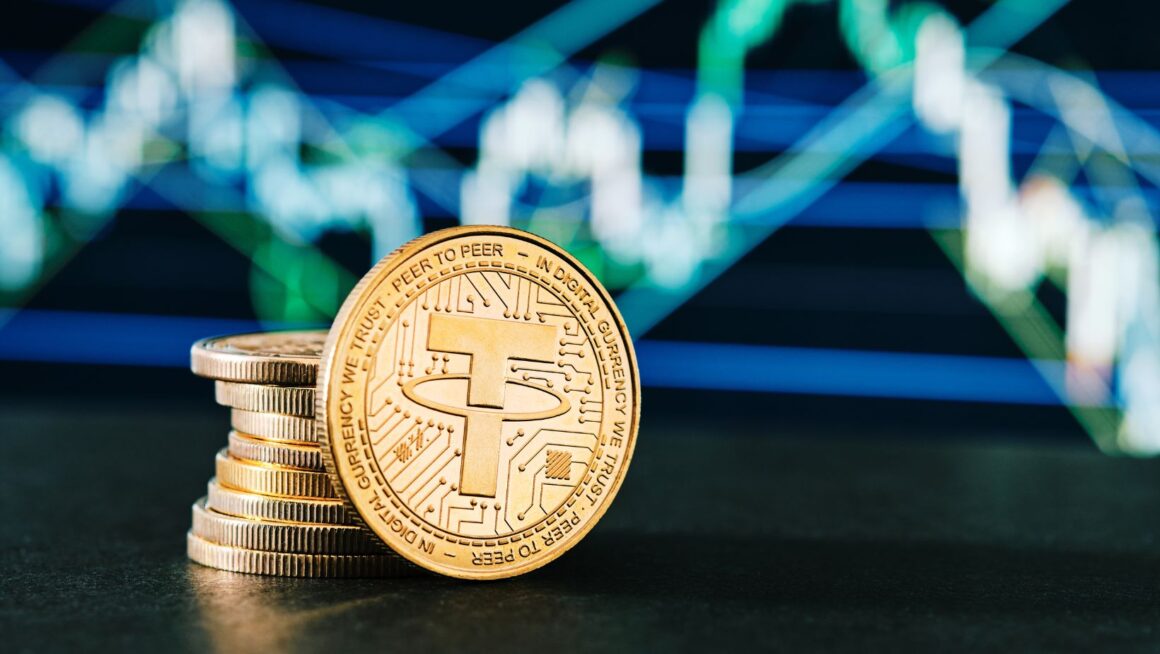
Like other segments, traditional casinos also embraced advanced IT networks for seamless operations. However, digital evolution comes with exposure to cyber threats and other potential security vulnerabilities.
Recent high-profile cybersecurity attacks on Las Vegas casinos are a wake-up call for the industry. The lagging systems require a business continuity plan to protect sensitive customer data and business.
What Happened in Popular Las Vegas Casinos?
In 2023, the world’s renowned Caesars and MGM casino resorts were victims of cybersecurity attacks.
The security breach at MGM property impacted its entire operation, including slot machines, digital key cards, ATMs, electronic payment systems, and online reservations. Further, the Caesars casino had to pay around $15 million to the hackers after the ransomware attack, as per the New York Post report.
These rising security breach incidents are alarming for the land-based casino industry. That said, integrating robust security measures is the need of the hour for the Vegas casinos. This way, players won’t need to wonder where to play baccarat in Vegas safely.
Here are some modern-day cybersecurity solutions that casino owners must implement.
AI-enabled Surveillance Setups
Casino owners need to think beyond standard CCTV monitoring systems.
Unlike traditional setups, AI-enabled surveillance systems perform real-time analytics using the facial recognition feature. It helps floor managers not just to auto-identify but also to respond to any potential threats instantly.
Casinos can install these advanced CCTV solutions to upgrade security in cashier zones, vault areas, and gaming floors.
Use Radio Frequency Identification (RFID) Tags
RFID tags will add an extra layer of security for casino hotels and resorts to avoid the issue of counterfeit chip usage. These state-of-the-art chips will provide real-time data about players’ gambling activity on the tables and slot machines.

The floor manager can effectively recognize and investigate any transactional variations from suspicious patterns. During cash exchanges, token verification will also be possible with RFID reader-equipped cashier booths.
Limit Access Control
Casinos can use Role-Based Access Control (RBAC) on all levels to minimize the risk of internal breaches and data exploitation. It ensures staff have access only to the information relevant to their roles within the enterprise. Further, biometric scans and RFID cards only enable authorized staff to access restricted zones.
Casinos can also install a two-factor authentication system that sends a one-time code to the employee’s phone. This technology helps block unauthorized access instantly if credentials are compromised.
Keep Tech Stack Up-to-date
A casino’s tech stack is the foundation of its cybersecurity defenses. Hence, casinos should keep their systems up-to-date by frequently simulating and validating technology infrastructure. Preplanning with clearly defined steps ensures smooth operation even if any IT network collapses.
Conduct a thorough risk assessment to gain valuable insights into your casino’s vulnerabilities and threats. Partner with a reliable third-party cybersecurity organization to assess various metrics, such as data sensitivity, network infrastructure, employee practices, and regulatory compliance. It’ll allow casinos to prioritize and remediate the identified risks properly.
Here are some other cybersecurity measures to protect devices from malware and other cyber threats
- Deploy robust spam filters
- Use encryption technology
- Regularly apply software patches and updates
- Implement comprehensive endpoint security solutions
- Maintain versioned backups to mitigate the impact of data loss incidents
Regular Employee Training
Human error is among the weakest links in any cybersecurity strategy. Thus, casino owners should also focus on employee training to keep them aware and prepared for potential cybersecurity threats.

Remember, employees are also the first line of defense against bad actors. So, regular security drills and protocol training workshops will equip the workforce to mitigate potential cybersecurity risks promptly.
Make sure to educate employees about common cybersecurity threats and vulnerabilities. For example, they should know the signs of suspicious emails and how to report phishing attacks. Further, the staff must be capable of handling sensitive data to prevent data breaches and unauthorized access.
New Cybersecurity Protocols by Nevada Gaming Commission
The Nevada Gaming Commission (NGC) released new cybersecurity measures to improve the safety of sensitive gaming data, infrastructure, and casinos. The goal is to protect the Nevada gambling industry’s reputation and economy.
According to the updated regulations, the Vegas casino must adhere to the following practices.
- Integrate strict and robust security measures to protect the entire tech stack system from cyber threats.
- Conduct an initial risk assessment and regularly monitor cybersecurity vulnerabilities, including ISO/IEC 27001, CIS Controls v8, NIST SP 800-53, and COBIT 5.
- Document all security practices that must be accessible for the NCB board for five years.
- If there’s a cyberattack, inform the NGC board with written disclosure of data breaches within 72 hours of the attack.
- Investigate and prepare a comprehensive report on the cybersecurity attack.
FAQs
1. What are the common cybersecurity issues for casinos?
Malware, phishing, spoofing, ransomware, IoT device hacking, cloud-based, social engineering, and DoS attacks are common cyberattacks in the casino market.
2. What are the five five basic principles of cyber security?
The five fundamental stages of cybersecurity include identifying, protecting, detecting, responding, and recovering.
3. Who hacked the MGM casino?
As reported, the Scattered Spider and ALPHV hacker groups were responsible for the ransomware attack on the MGM casino resort in September 2023.
Bottom Line
Cybersecurity is a continuous, evolving challenge. A multifaceted strategy is critical to managing online threats and human vulnerabilities.
The land-based casino industry can no longer dismiss the growing ransomware and phishing threats. After all, the reputation of casinos and Las Vegas is at stake. The proactive approach will help address the looming cybersecurity threats in the state.

